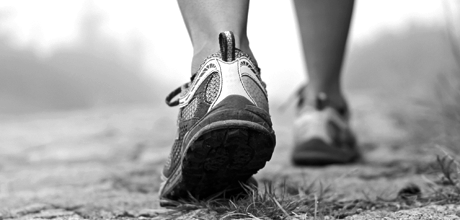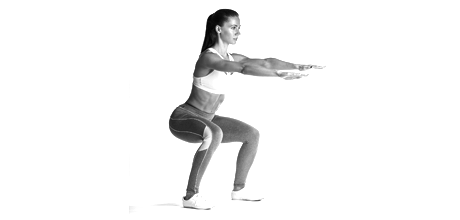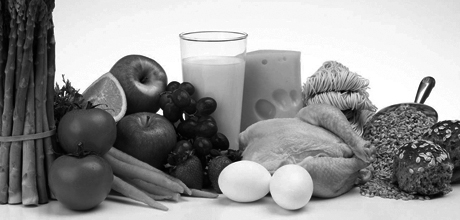
Fitness trends for 2025 are set to reflect on-going innovations in technology, shifts towards holistic well-being, and the evolving needs of diverse populations.
- Technology and AI Integration: The use of AI and advanced technology in fitness will continue to grow, with smart wearables and apps providing real-time data on performance, sleep, and nutrition. These tools will increasingly use AI to offer personalized training plans and health insights.
- Hybrid Fitness Models: The blending of in-person and digital fitness experiences will become more prominent. Many people will continue to use home workouts and digital fitness platforms alongside traditional gym memberships, valuing the flexibility and variety this approach offers.
- Mind-Body Practices: Practices that emphasise the connection between mental and physical health, such as yoga, meditation, and breathwork, will gain more popularity. This reflects a broader trend towards holistic health and wellness, addressing both physical and mental well-being.
- Focus on Recovery and Mobility: There will be an increased emphasis on recovery techniques like foam rolling, massage guns, and restorative yoga. Mobility training, aimed at improving joint range of motion and overall movement efficiency, will also become more widespread.
- Inclusive Fitness: The fitness industry will place greater emphasis on inclusivity, catering to older adults and beginners with more accessible, joyful, and functional exercise options. This shift responds to the demographic changes and the need for fitness routines that are less intense and more welcoming for all ages and abilities.
- Sustainable and Outdoor Fitness: Exercising in nature will continue to be a popular trend, with activities like forest bathing, outdoor boot camps, and adventure sports gaining traction. This aligns with the growing awareness of the benefits of being in nature for both physical and mental health.
- Metabolic and Functional Training: There will be a focus on training methods that enhance metabolic function and prepare individuals for real-world activities. This includes metabolic training to boost calorie burn and endurance, as well as functional fitness that builds overall strength and resilience.
- Mental Health and Male Body Positivity: The fitness industry is expected to address issues related to male body image and muscle dysmorphia. There will be more support for body positivity among men and a shift away from promoting unrealistic body standards.
Overall, these trends indicate a movement towards more personalised, inclusive, and holistic approaches to fitness, leveraging technology while also emphasising mental well-being and sustainable practices.







